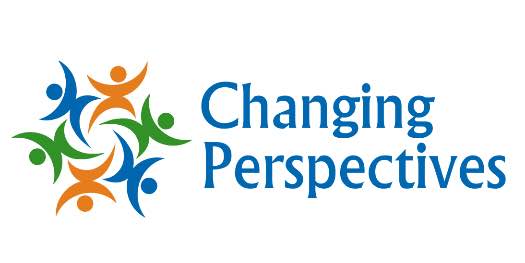News
To find out more about how we put our mission into action everyday explore our latest news.
3 SEL Practices Teachers Can Use Every Day
From Edutopia: These social and emotional learning strategies won’t take a lot of time, but they can have a big impact on middle and high school students.
How Dyslexia is a Different Brain, Not a Disease
From KQED: Rather than being a disease or a medical condition, dyslexia is a different brain organization—one in which the brain’s reading circuit has been disrupted or re-routed in at least one way, and sometimes in two or three ways.
Addressing Race and Racism Head-On In The Classroom
From Edutopia: From featuring stories of resistance to making sure kids see themselves represented in the classroom, a few things to keep in mind when teaching American history.
Microsoft’s Accessibility Chief on the Benefits of Closing the “Disability Divide”
From Geek Wire: “Disability is just a part of being human,” says Jenny Lay-Flurrie, Microsoft's Chief Accessibility Officer.
How to Embed SEL Into Your Instruction
From Edutopia: Careful explanation of the ‘why’ behind social and emotional learning can prime students to build their communication and collaboration skills.
Encouraging Middle School Students to Embrace Differences
From Edutopia: As students grapple with discovering their identities, teachers can help by modeling how to accept different identities with compassion.
5 Ways to Build Your Preschooler’s Confidence
From PBS: "...building self-confidence at this stage of life is essential. We want our kids to see what’s good about themselves, to believe in themselves, and to know they are important."
Ableism Isn’t Easy to Talk About. This Bold New Book Shows You How.
From Holland Bloorview: We Move Together is a picture book that belongs on every child's bookshelf. In bright, bold images, it follows a group of children, with and without disabilities, navigating their day.
Hard Classroom Conversations About Anti-Asian Racism
From Edutopia: How a teacher and her colleagues are taking on racism and violence against Asian Americans.
Why Adolescence Matters in Preventing Substance Abuse
From KQED: "The majority of adults who develop substance abuse disorders first used drugs or alcohol during adolescence."
